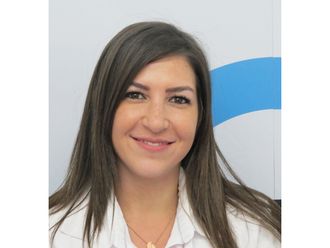
Dr Atul Aundhekar (Chief Medical Director, iCARE Clinics) says: One-on-one time with your doctor is like any other meeting you have; you need to get straight to the point.
In order to take advantage of the relatively limited time, especially if you are meeting with your consultant for the first time, you can follow what Dr Aundhekar refers to as Plan-A:
1) P – Prioritize yourself
Don’t stall visiting a doctor if you experience unfamiliar symptoms. Prioritize yourself over errands or duties that you may have, and visit a hospital you are comfortable with and that is near you to receive a proper diagnosis from your doctor.
2) L- Lock the discussion
While small talk serves its purpose in elevators or waiting in lines, it’s best to avoid the chat about the weather or latest movie that has come out when you enter your doctor’s office. Introduce yourself, your age, and describe your symptoms as soon as you are seated. This is your chance to ask all questions you may have as well.
3) A- Accuracy of communication
You need to be accurate when describing how you are feeling, so try to be as precise as possible. Try to describe how you feel in an objective way, and do not compare your symptoms to anyone else’s. Give a background on your lifestyle as well; such as how well you eat, if you exercise, if you are over-stressed, if you sleep well and if you smoke or drink.
4) N - No Jargon
Express yourself in the simplest terms rather than trying to use medical terminologies. Trying to use different terms than you are used to might not get the message through clearly and cause confusion. It will make it easier for both you and your doctor to communicate and understand each other properly.
5) A- Ask for follow up/future plans
The most important part of your visit is the take-home message. You need to have a clear idea of what your next steps need to be to get better at the soonest, and make sure you have understood all the non medical, non-pharmacological advice given by your doctor. If your doctor has requested a date to meet for a follow-up, make sure to pencil it in your calendar to check on the progress of your recovery.
Disclaimer: This blog is a conversation and is not an alternative for treatment. The recommendations and suggestions offered by our panel of doctors are their own and Gulf News will not take any responsibility for the advice they provide.








